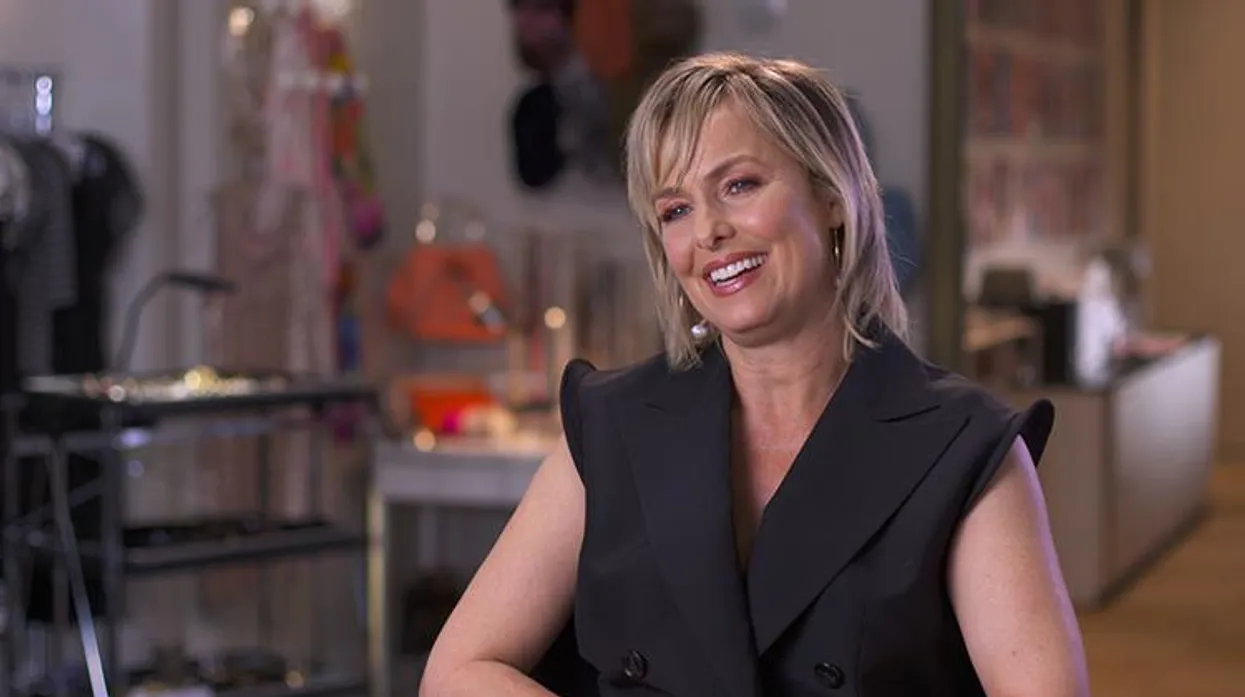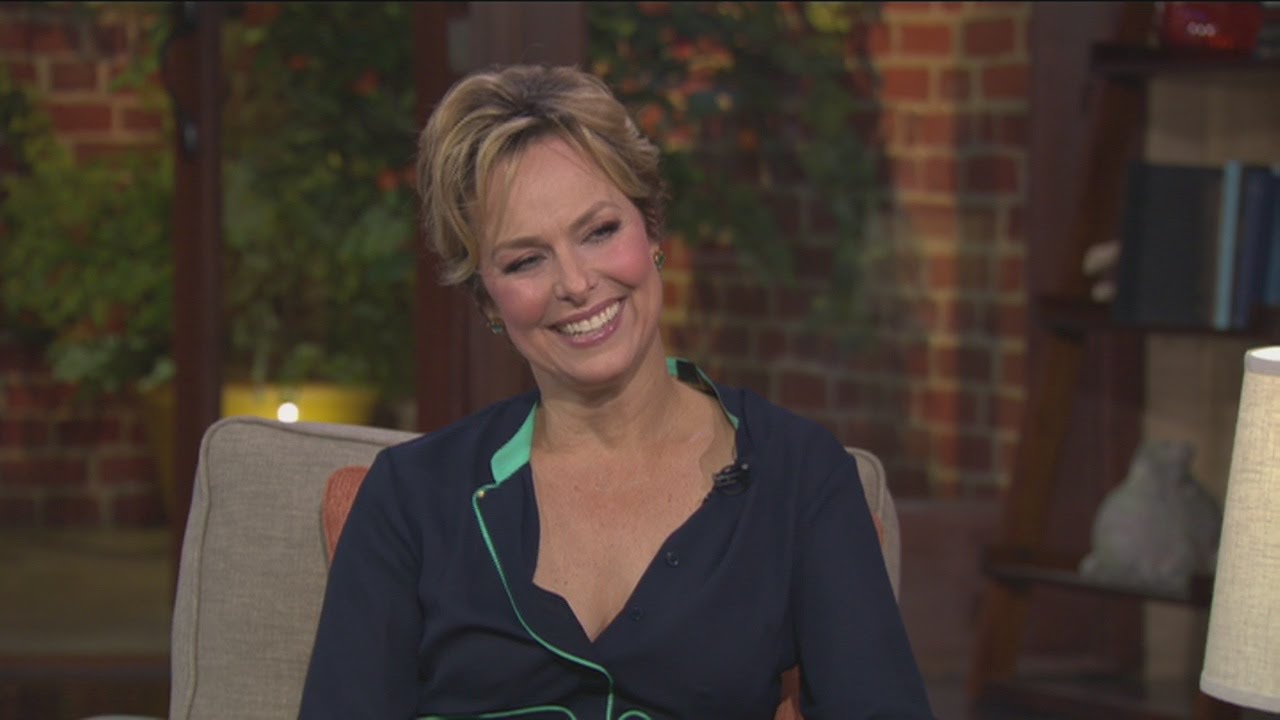Jan Levinson started as a seemingly standard corporate figure in NBC’s The Office but quickly transformed into one of television’s most unexpected—and unsettling—characters. Played by Melora Hardin, Jan evolved from a stern executive overseeing Steve Carell’s Michael Scott to a character that perfectly embodied the chaos of a dysfunctional romance and corporate entanglement. Yet behind her riveting portrayal, Hardin felt surprisingly isolated, a feeling that ultimately fueled Jan’s chilly aura on screen.

With The Office cast forming tight bonds off-camera, Hardin’s experience diverged, adding a layer of genuine estrangement that seeped into her portrayal. She revealed in an interview on the Off the Beat podcast, hosted by Brian Baumgartner:
“I felt, even as time went on, there was a sense of not belonging there. Really, I don’t think I ever felt like I belonged.”
Hardin’s candid reflection offers new insight into the creation of one of TV’s most complex villains.
The Cost of Perfection: Hardin’s Commitment to Jan’s Character
In The Office, Michael Scott’s relationship with Jan was never typical—he was both enchanted and intimidated by her presence. And, as the story unfolded, audiences watched this dysfunctional pairing shift from workplace flirtation to an all-out psychological rollercoaster. Hardin’s commitment to Jan’s intense character added a darkly comedic edge to the show, and her natural tension with the cast provided a magnetic, sometimes terrifying, on-screen presence.
Embracing the Isolation
Despite her love for the cast and the project, Hardin kept her distance—much like Jan did with the Dunder Mifflin employees. She recounted her sense of not fully fitting in:
“I don’t think I ever felt like I belonged,”
This separation wasn’t necessarily personal; it allowed her to maintain Jan’s enigmatic, almost predatory, energy that became essential to the character.

This tension wasn’t only apparent to Hardin but also felt by the other actors on set. Angela Kinsey, who played Angela Martin, and Jenna Fischer, who played Pam Beesly, admitted to feeling genuinely intimidated by Hardin. In an episode of The Office Ladies podcast, Kinsey shared:
“She’s so commanding. Just like, Melora’s presence, is like I’m scared of her.”
This natural distance amplified Jan’s intensity, casting her as a force to be reckoned with among the otherwise tight-knit Dunder Mifflin crew.
From Boss to Unhinged Partner: Jan’s Inevitable Descent
As Jan’s interactions with Michael became more unhinged, her character unraveled into one of sitcom history’s most memorable antagonists. However, one deleted scene hints at a different side of Jan—a rare glimpse into the possible origin of her infamous coldness. In this unseen moment, Jan appears warm and genuinely happy as she interacts with Jim at the Stamford branch, hinting that her harsh demeanor at Scranton may have been more about Michael’s unpredictable antics than anything else.
In many ways, Jan’s trajectory hit a high note in The Office’s infamous “Dinner Party” episode, a testament to the depth and complexity Hardin brought to the role. Her portrayal of Jan in this episode reached a crescendo of dark humor, awkwardness, and raw tension, a masterclass in making viewers both laugh and cringe simultaneously.
Hardin’s Legacy as Jan: The Lasting Impact of a Perfect Villain
Melora Hardin’s journey through The Office left an undeniable impact on the series and its fans. Jan Levinson remains one of television’s most underrated and complex antagonists, a character crafted with an acute sense of timing, isolation, and tension. Through her layered performance, Hardin gave viewers a character that was both painfully real and hauntingly exaggerated, setting the stage for Jan to become a lasting icon of dysfunction and corporate satire.

